#EnvironmentalProtectionAgency
Rebuking the Rollback: Science Advisors Claim EPA Ignoring Its Own Fuel Economy Research
Several science advisers for the Environmental Protection Agency claim the agency has ignored its own research in order to rationalize the push to relax corporate average fuel economy (CAFE) targets.
A group within the Science Advisory Board has recommended reviewing the EPA’s justifications for the intended rollbacks, including the agency’s conclusion that Obama-era auto efficiency requirements must be changed because they are too stringent. It’s hoping to take the agency to task and force it to show evidence that upholds is proposal.
While EPA head Scott Pruitt sides with the President and automotive industry by indicating the current standards are too strict, very little scientific research has been cited to support the claim. In fact, the revision seems to hinge mainly on the belief that automakers might not be able to adhere to the standards approved by the Obama administration in its final days. “Obama’s EPA cut the midterm evaluation process short with politically charged expediency, made assumptions about the standards that didn’t comport with reality, and set the standards too high,” Pruitt said in April.
EPA Head Defends Fuel Economy Rules, Industry Ties On Capitol Hill
Environmental Protection Agency chief Scott Pruitt spent the majority of his Thursday being raked over the coals by the House Energy and Commerce subcommittee before a second (even uglier) exchange with the House Appropriations subcommittee. The majority of the time was spent addressing concerns surrounding Pruitt’s expenditures — things like unnecessary first-class travel, a $43,000 soundproof phone booth, and his 24-hour security team. There were also discussions about alleged death threats against Pruitt and EPA staff, his overall conduct, and even a little bit on environmental policy.
Those discussions, however, saw some subcommittee members accuse Pruitt of championing the profits of oil companies and automakers over the wellbeing of the planet. The EPA head spent the duration of Thursday defending his actions, including planned regulatory rollbacks on fuel economy. He also supported the automotive industry’s proposal to abolish 87 octane and replace it with 95.
As ugly as the day was for Pruitt, Republicans occasionally hopped on the mic to gently support him. Rep. Kevin Cramer of North Dakota said, “I think the greatest sin you’ve done is, you’ve actually done what President Trump ran on.”
America's Gas War Begins
Now that the Environmental Protection Agency has officially confirmed its intent to roll back Corporate Average Fuel Economy (CAFE) standards, the opposition has kicked things into high gear, mobilizing for the coming battle.
In one corner you have the White House and EPA Administrator Scott Pruitt seeking lowered emission mandates. They claim the Obama administration created unfeasible fueling regulations, noting that the public regularly opts for less-efficient trucks and SUVs and largely ignores the purchase of electric vehicles. In the other corner you have a handful of Senate Democrats, environmental groups, and a bunch of blue states led by California lawmakers. They all say the preexisting rules are not only feasible, but essential for the good of the nation.
If you’re wondering which side of the highly partisan issue is correct, we’d argue it has almost everything to do with your point of view. Both sides can make a fairly strong case, and will do just that as the battle heats up. Fortunately, this may not end up being a legitimate civil war — if the California Air Resources Board (CARB) is to be believed.
Triumph or Tragedy? EPA Officially Sides With Automakers on Fuel Economy Rollback
It looks as if the United States will find out if softened fuel economy targets will transform the domestic market into a haven for automobiles with exquisite powertrains or an antiquated dinosaur with garbage cars making use of old, pollution-friendly tech.
As predicted, the Environmental Protection Agency officially announced its intent to roll back Corporate Average Fuel Economy (CAFE) standards this week. On Monday, EPA head Scott Pruitt indicated his agency would begin the formal regulatory process with the Department of Transportation’s National Highway Traffic Safety Administration (NHTSA) to lower the existing MPG rules.
For the most part, Pruitt avoided diving deep into the NHTSA’s past claims of larger vehicles being safer and the manufacturing pitfalls associated with rushing cutting-edge technology to market — two issues we expected to be addressed. Instead, he left the announcement rather basic by stating the Obama-era rules were “not appropriate and should be revised.” The cornerstone of the EPA’s argument is that Americans simply aren’t buying more efficient automobiles, despite their current availability, and automakers have grown concerned with meeting CAFE standards after 2022.
“The Obama administration’s determination was wrong,” Pruitt said in a statement. “Obama’s EPA cut the midterm evaluation process short with politically charged expediency, made assumptions about the standards that didn’t comport with reality, and set the standards too high.”
EPA Readies Rollback of Fuel Efficiency Regulations
Rumors are flooding in that U.S. Environmental Protection Agency Administrator Scott Pruitt will sign a declaration upending the Obama-era fuel economy regulations any day now. New details have emerged claiming Pruitt plans to visit a Chevrolet dealership in Virginia to publicly condemn the existing 2025 targets as unrealistic. Reportedly scheduled for next Tuesday, the EPA head will be accompanied by groups representing both automakers and car dealers.
California is going to be furious.
It's Gonna Be a Showdown: EPA Head Says California Won't Drive U.S. Fuel Regulations
The Trump administration’s chief environmental regulator claims the Environmental Protection Agency will not pursue stricter fuel economy mandates after 2025. EPA Administrator Scott Pruitt also said California won’t call the shots for the rest of the country just because it can set its own rules on emissions.
“California is not the arbiter of these issues,” he said. Currently, California and 16 other states have pledged to maintain Obama-era emission when federal regulators decide to roll them back “but that shouldn’t and can’t dictate to the rest of the country what these levels are going to be,” according to Pruitt.
Stick that in your tailpipe, one-third of America.
United States Approves Fix for 38,000 Volkswagen Group 3.0-liter Diesel SUVs
On Monday, the Environmental Protection Agency announced it had approved a fix for the remaining 38,000 Volkswagen Group vehicles equipped with emissions-cheating 3.0-liter diesel engines. That’s potentially very good news for Volkswagen, as it’s a decision that could save the company a truckload of cash.
In May, VW agreed to spend over $1.22 billion to repair or buy back nearly 80,000 vehicles with 3.0-liter engines as part of its “dieselgate” settlement. The manufacturer was also obliged to pay owners of fixed units between $8,500 and $17,000. However, there was an additional fine of $4.04 billion if the EPA and California Air Resources Board were unwilling to approve repairs on all 3.0-liter vehicles.
With a fix now in place for 38,000 Porsche Cayenne, Volkswagen Touareg, and Audi Q7 SUVs, the company may have just saved itself a over a billion dollars.
Researcher Claims Real-World Economy and Lab Testing Are Miles Apart
One of my guiltiest of pleasures is telling anyone trapped with me in a confined space for more than thirty seconds that practical fuel economy hasn’t improved in a meaningful way since 2014. While the EPA has raised corporate economy estimates, consumer spending has skewed toward larger and less economical models — invalidating the technological gains made in a vehicular catch-22.
However, some researchers have also begun calling the technologies focused on cutting emissions and saving fuel into question. We already know that lab tests can be gamed through clever engineering. But we don’t drive vehicles on a rolling road and the differences between the lab and the street are immense. Emissions Analytics, an independent company based in the United Kingdom, has tested more than 500 vehicles in the United States since 2013 and believes a change in testing venue can make all the difference.
The firm conducts real-world analyses under normal on-road driving conditions using portable testing gear. Its says its goal is to suss out which trends in the automotive space actually have a meaningful impact on economy — and which are bunk.
Give the U.S. Government a Piece of Your Mind About Fuel Economy Rules
While the Trump administration continues gearing itself up to loosen fuel standards for automakers, much to the chagrin of environmentalists and other countries, the agencies that set those benchmarks want to pick your brain a little before making a final decision. You’ve got an opportunity to be part of the process — the painfully boring, yet incredibly important, process.
On Thursday, the U.S. Environmental Protection Agency and the Department of Transportation opened a public comment period on the reconsideration of the standards for greenhouse gas emissions for light vehicles built for the 2022-2025 model years. Additionally, the EPA wants comments on the appropriateness of the existing 2021 standards. The agencies are inviting the public to submit any relevant (i.e. factual) data and information that can inform a final decision of the standards.
Profit From Punishment? Volkswagen's Preferred Emissions Penance Faces Criticism From State Officials and Automakers
Government officials and automakers are accusing Volkswagen of twisting its emissions-cheating penance to its own advantage. As part of its sentence for equipping over half a million vehicles with defeat devices, the United States is forcing VW to spend billions of dollars on a decade-long program that promotes environmentally friendly transportation and green technologies. The company opted to invest a large part of those compulsory efforts into establishing an EV charging network within the U.S.
However, seven state attorneys generals have urged the Environmental Protection Agency to closely monitor Volkswagen’s course. They contend that such a network would give the company an unfair advantage in the forthcoming electric revolution, allowing VW to profit from its misconduct.
President Trump Planning to Abandon Paris Climate Accord: Reports
President Donald Trump has said he’ll be providing his thoughts on the Paris climate deal in the coming days, but media outlets are already suggesting his take on the issue will be to leave it. Sources are claiming the president’s mind is made up and, to the surprise of no one, odds are good he will withdraw the U.S. from the deal.
Trump has already made it his mission to overturn as many Obama-related policies as possible and seems unconcerned with environmental issues that might stand in the way of potential manufacturing opportunities. Since taking office, Trump has been pushing regulators to rethink the United States’ auto emission guidelines, undoing one of the previous administration’s final acts in office.
Pulling out of the Paris accord would fulfill a campaign promise and negate the need for the U.S. to adhere to rigid emission standards — at the expense of further alienating the president from Europe’s leadership.
EPA to Approve Diesel Repair for an Additional 84,000 Volkswagens: Report
The Environmental Protection Agency and California Air Resources Board will soon announce an approved fix for roughly 84,000 recalled Volkswagen diesels. As part of VW’s buyback program of cars equipped with emissions-cheating defeat devices, the soon-to-be-certified modification allows 2012-2014 Passat TDIs to operate within acceptable pollution guidelines.
Volkswagen has already designed fixes for the Generation 3 diesel 2.0-liter engines, providing vehicle owners the choice to keep and repair their car, or to have it bought back. Similar fixes in Europe have yielded complaints of reduced fuel economy, starting difficulties, trimmed power, weak acceleration, and even abnormal sounds. As usual, if you want to hold onto your TDI, you may be doing so at your own risk.
Justice Department Prepping for Lawsuit Against Fiat Chrysler
The U.S. Justice Department is preparing itself for a lawsuit against Fiat Chrysler Automobiles over, you guessed it, diesel-burning engines. Cetane-rated fuel has been a broad target for governments lately, but the forthcoming FCA suit is less concerned with what you’re burning than with how you’re burning it.
Officials are concerned the automaker may have used a defeat device after the Environmental Protection Agency accused it of using software that allowed about 104,000 diesel vehicles to emit excess emissions. The models in question are 2014-2016 Jeep Grand Cherokees and Dodge Ram 1500 trucks with 3.0-liter diesel engines.
As California Fumes, Automakers Head to Washington to Talk Emissions
A slew of automakers are scheduled for a Thursday meeting with the heads of the Environmental Protection Agency and U.S. Department of Transportation to go over existing Obama-era efficiency rules. Transportation Secretary Elaine Chao and EPA Administrator Scott Pruitt will both be on hand to discuss — and likely reassure — manufacturers on the future of the guidelines.
In March, President Donald Trump ordered an extensive review of U.S. light vehicle fuel-efficiency standards for the 2022-2025 time frame, despite the Obama administration locking them in well ahead of the midterm review’s April 2018 deadline. The decision was rushed to maintain the administration’s climate change policy and avoid any tampering from incoming Trump appointees. While there remains much to be done before the standing emission limits can be rolled back, wheels are now in motion.
That's Off-The-Record: A CAFE With a Bad Menu
Not to go all political on you, but it’s amazing how President Obama acted more like a bitter foreclosure victim — one who goes nuts and destroys as much of the house as they can, just short of being arrested for vandalism — during his last days in office, and not a graceful man given two terms as the leader of the free world.
Mr. Obama did this in two ways: one action affected a short list of government folk, and the other impacted one of the most important industries in our lives — the auto industry.
The short-listed government victims are those affected by Obama’s order to share dirt on people talking with “foreigners.” It’s against the law — but when did that stop the former President? What’s worse, and perhaps deadly, is Mr. Obama’s decision to renege on his promise to check and perhaps re-adjust the daunting future Corporate Average Fuel Economy (CAFE) standard his administration first put in place in 2009, which the administration made even wackier in 2011.




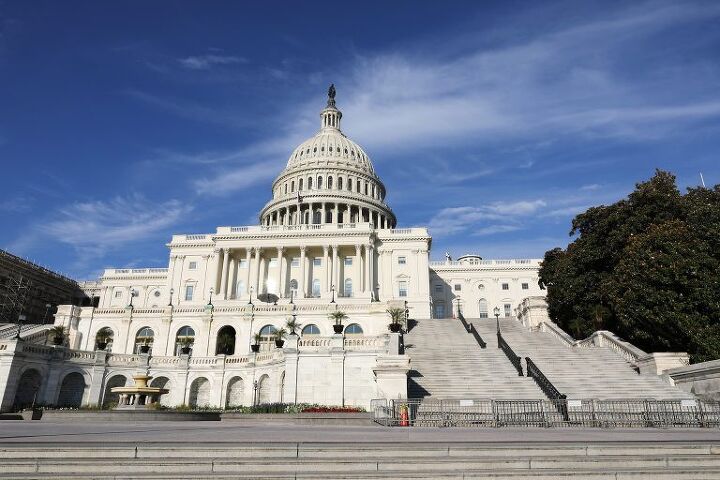

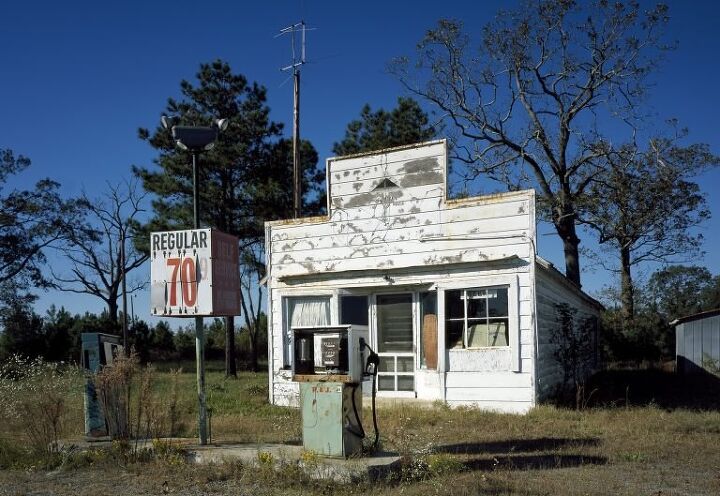



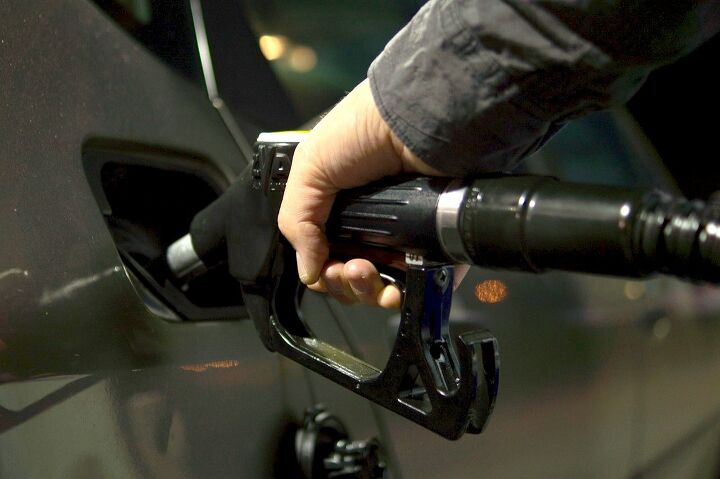
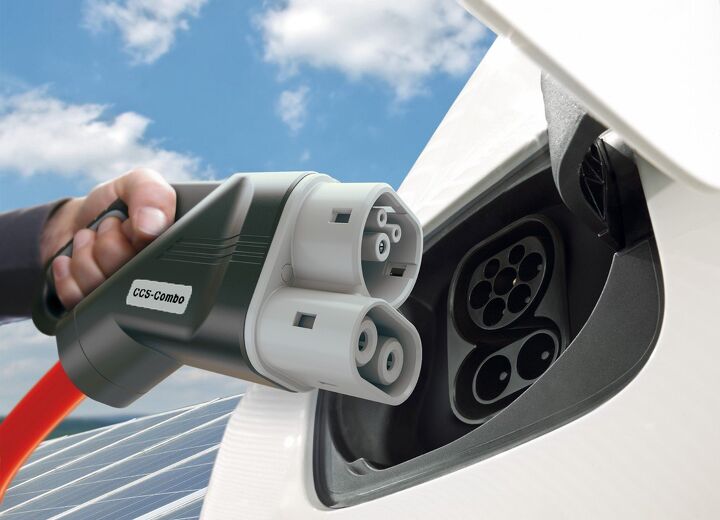




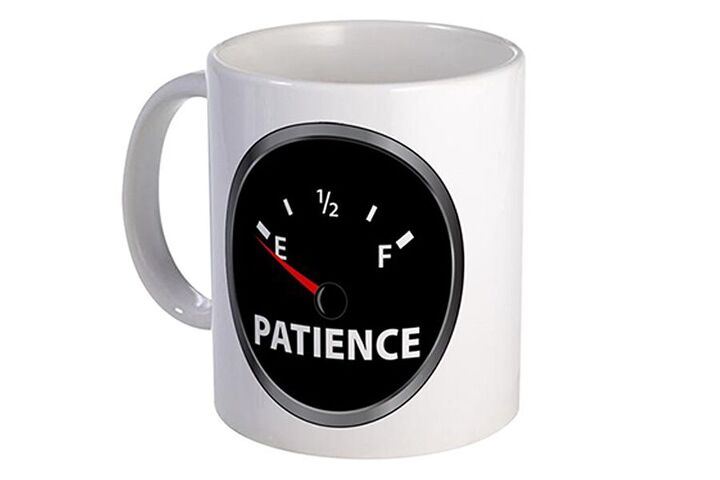












Recent Comments